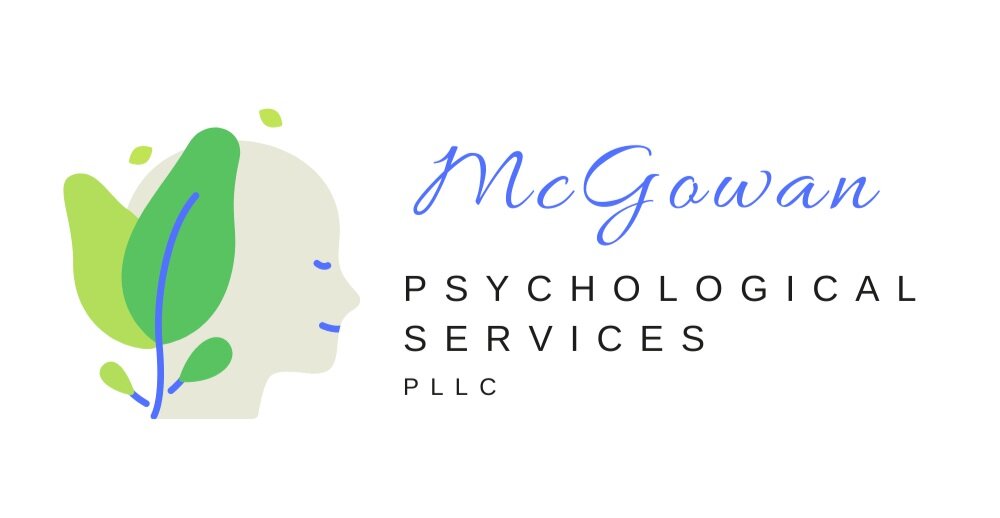Why Group Therapy?
By: Sean McGowan, PsyD, ABPP
In just about every clinic I have worked, group treatments were always an available treatment option. More often than not, there were multiple group options for all kinds of psychological or emotional difficulties and problems. However, whenever I talked with clients who, in my perception and judgment, would make good candidates for a group, their initial response usually sounded something like this: “Group? Oh, I’m not a group person.” Or, “Let me build up to it. I’d prefer to start with individual therapy first.”
Don’t get me wrong, for some people group treatment is not the treatment of choice. Moreover, after discussion of the pros and cons of each treatment option, if the client continues to express a preference for individual therapy, then their preferences take priority. However, for those individuals who suffer from relationship problems, anxiety, depression, anger, and grief (among other difficulties), group therapy can be a powerful therapeutic treatment approach. When I talk about group therapy to my clients, they usually express the following five concerns:
1) They worry about judgment from other group members.
2) They fear rejection from other group members.
3) They predict that they will feel overwhelmed by the problems and concerns of the other group members.
4) The group facilitator(s) will not adequately structure and manage the group dynamics (in other words, it will be a “free for all”).
5) They worry that there won’t be enough time to talk about their concerns and difficulties.
It is possible that any of these problems could occur in a group. Fortunately, though, many group treatments have ground rules and policies that are designed to prevent or address these group problems. By and large, my experience has been that the client who agrees to participate in a group usually reports multiple benefits and their concerns usually do not come to pass. Below are five, evidence-based reasons why a process group may be a promising treatment option for you if you struggle with any of the aforementioned concerns (Yalom & Leszcz, 2020).
1.) Feedback from others: if you participate in a process group, you will receive feedback about how you affect others in the group. This feedback usually leads to helpful changes outside of the group in other important relationships.
2.) Emotional expression and self-revelation: it is one thing to tell one individual (i.e., a therapist) what you may think, feel, and experience. It is a whole other thing to reveal this to several individuals invested in your growth and development.
3.) Comradery: Genuine, authentic relationships within the context of a safe, supportive environment can be therapeutic in-and-of itself.
4.) Self-understanding: group therapy oftentimes accelerates and magnifies the understanding you have about yourself as you share and re-enact your problems within the group. The interpersonal feedback received in group helps in this process.
5.) Feedback to others: not only will you receive feedback about your thoughts, behaviors, and experiences from the other group members and the therapist, you will also have the opportunity to do the same for other group members. For many clients, they find this experience to be particularly meaningful and fulfilling, and some consider it a way to give back to others in the group.
In addition to these notable benefits, group therapy is oftentimes a more affordable option for treatment in comparison to individual, couple, or family therapy. Further, at McGowan Psychological Services, a process group is offered through a secured, virtual format that permits greater access to individuals located throughout the states of North Carolina and Texas, especially for those individuals who do not live close to mental health clinics. Find out more here.
If you have never participated in a process group before and are interested in the overall feel for what a process group is like, I would encourage you to watch the YouTube series “Group” produced by Helix Pictures. The first episode of “Group” can be found through the link: https://www.youtube.com/watch?v=bzKmJoe_e2c.
Keep in mind that this series showcases an already developed group and the pacing of what you see has been accelerated for entertainment/dramatic purposes. However, the group facilitator in the series, “Ezra” (played by an eminent group analyst named Elliot Zeisel, PhD), provides an excellent example of how a process group is facilitated and conducted. If you think a process therapy group may be a good match for your needs, I encourage you to contact McGowan Psychological Services at 919-241-7972 to schedule a free, 15-minute phone consultation and screening session.
References
Yalom, I., & Leszcz, M. (2020). The Theory and Practice of Group Psychotherapy, Sixth Edition. Basic Books: New York.
**This blog is not intended as medical advice or provision of a diagnosis, and should in no way replace consultation with a medical or mental health professional. This is only my opinion, based on my background, training, and experience as a Licensed Psychologist.

